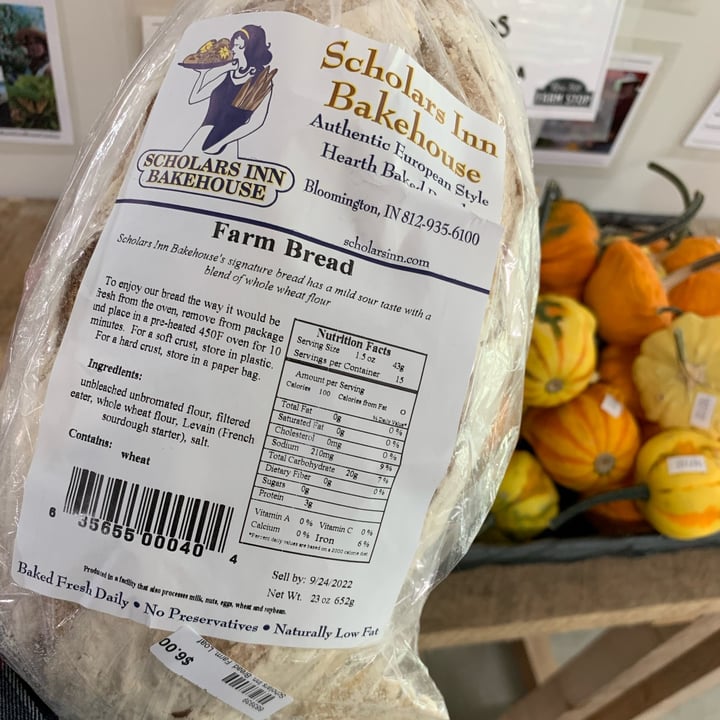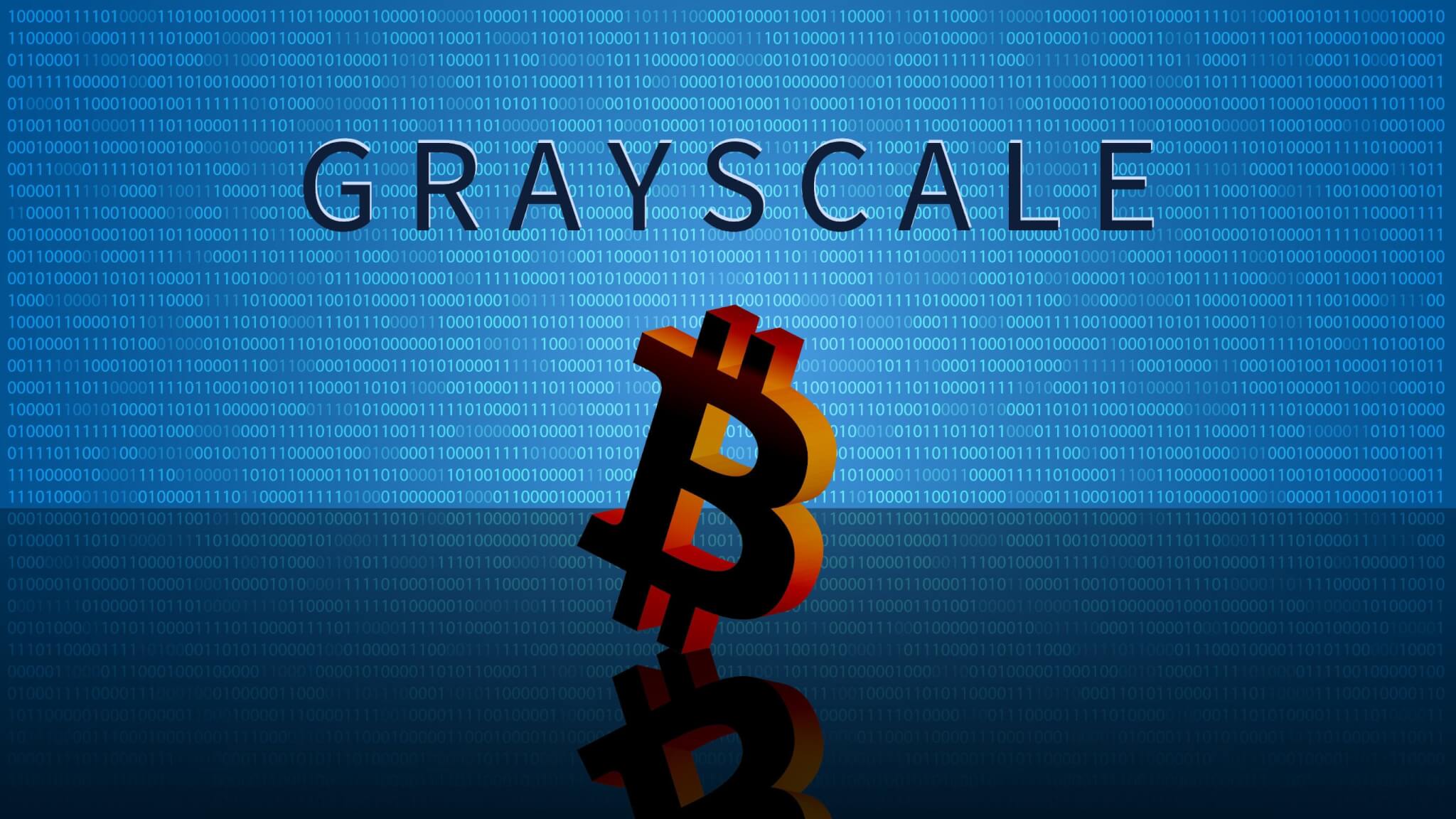Breaking Bread With Scholars: A Guide To Meaningful Academic Discussions

Table of Contents
Preparing for Meaningful Academic Discussions
Before engaging in any academic discussion, thorough preparation is key. This involves more than just skimming the assigned reading; it requires a deep dive into the subject matter.
Understanding the Context
To participate effectively in a meaningful academic discussion, you need a solid understanding of the context. This means:
- Thoroughly research the topic beforehand: Go beyond the assigned readings; explore related articles, books, and scholarly sources to gain a comprehensive understanding. Use keywords related to your topic to refine your search and find relevant academic literature.
- Familiarize yourself with key authors and relevant literature: Understanding the major players and their contributions is crucial for navigating the conversation effectively. Note their key arguments and methodologies for use in your own contributions to the discussion.
- Identify your own stance and supporting arguments: Before entering the discussion, clarify your position on the topic and gather the evidence needed to support your claims. This allows for more confident and articulate participation.
- Anticipate potential counterarguments: Consider opposing viewpoints and develop rebuttals based on strong evidence. This proactive approach allows you to engage with criticism constructively.
Active Listening Skills for Academic Discourse
Active listening is paramount in academic discussions. It goes beyond simply hearing; it involves actively processing and engaging with what others are saying. This includes:
- Practice truly listening to understand, not just to respond: Focus on comprehending the speaker's message before formulating your reply. Take notes if necessary to aid your understanding and recall.
- Pay attention to both verbal and non-verbal cues: Observe body language and tone to gain a complete understanding of the speaker's message. This helps in interpreting meaning beyond explicit words.
- Ask clarifying questions to ensure comprehension: Don't hesitate to ask for clarification if something is unclear. This demonstrates engagement and ensures you're on the same page.
- Summarize key points to demonstrate understanding: Periodically summarize the speaker's points to confirm your comprehension and show your active engagement. This ensures everyone is aligned on the central ideas.
Developing Strong Arguments for Scholarly Debate
The foundation of any effective contribution to an academic discussion lies in strong, well-supported arguments. This requires:
- Base arguments on evidence and credible sources: All claims should be backed by evidence from reputable sources, such as peer-reviewed journals, academic books, and credible online resources.
- Use clear and concise language, avoiding jargon where possible: Communicate your ideas clearly and simply, avoiding overly technical terms unless they're essential and explained.
- Structure arguments logically, with a clear thesis and supporting points: Organize your arguments in a coherent manner, starting with a clear thesis statement and providing supporting evidence for each point.
- Acknowledge limitations and potential counterarguments: Show intellectual honesty by acknowledging any limitations in your arguments and addressing potential counterarguments.
Participating in Meaningful Academic Discussions
Active and respectful participation is vital for fostering meaningful academic discussions. Here are some essential strategies:
Respectful Engagement in Academic Dialogue
Maintaining respect is crucial, even when disagreeing. This involves:
- Maintain a respectful tone, even when disagreeing: Disagreement should be expressed politely and professionally, focusing on ideas rather than attacking individuals.
- Value diverse perspectives and avoid interrupting: Listen attentively to different viewpoints, even if they differ from your own. Avoid interrupting others; let them fully express their thoughts.
- Focus on ideas, not personalities: Engage with the content of the discussion, not the individuals involved. Maintain a focus on intellectual merit, not personal attacks.
- Use “I” statements to express your opinions: Phrase your opinions using "I" statements to avoid sounding accusatory or dismissive. For example, instead of saying "You're wrong," try "I see it differently because..."
Contributing Effectively to Scholarly Conversations
Your contributions should enhance the discussion, not derail it. This involves:
- Offer insightful comments and questions: Contribute to the conversation with well-thought-out comments and thoughtful questions that push the discussion forward.
- Build on the ideas of others: Connect your contributions to previous points, demonstrating that you are actively listening and engaging with the conversation.
- Challenge assumptions respectfully: Question assumptions, but do so constructively and respectfully, providing evidence to support your challenges.
- Use evidence to support your claims: Always back up your assertions with evidence from credible sources.
Handling Disagreements Respectfully in Academic Settings
Disagreements are inevitable in academic discussions, but they can be productive learning opportunities. Key strategies for handling disagreements include:
- Acknowledge different viewpoints: Recognize and acknowledge the validity of differing perspectives, even if you don't agree with them.
- Focus on finding common ground: Look for areas of agreement to build bridges and foster understanding.
- Frame disagreements as opportunities for learning: View disagreements as chances to expand your understanding and refine your arguments.
- Avoid personal attacks or inflammatory language: Keep the discussion focused on ideas, not personalities. Avoid using insulting or offensive language.
Leading Meaningful Academic Discussions
Leading a discussion requires skill and preparation. Here's how to facilitate productive scholarly conversations:
Structuring a Productive Academic Discussion
Effective facilitation ensures a smooth and productive flow.
- Clearly state the discussion's objective: Begin by outlining the goals and desired outcomes of the discussion.
- Establish ground rules for respectful engagement: Set clear expectations for respectful communication and participation.
- Guide the conversation, ensuring everyone participates: Actively manage the conversation, ensuring everyone has an opportunity to contribute.
- Summarize key points and conclusions: Conclude the discussion by summarizing the main points and any key conclusions reached.
Facilitating Engaging Academic Conversations
Engagement is crucial for a successful discussion. Use these strategies to encourage participation:
- Ask open-ended questions to encourage participation: Pose questions that prompt thoughtful responses and stimulate deeper engagement.
- Manage time effectively: Keep the discussion on track, allotting sufficient time for each point and ensuring all participants have the chance to contribute.
- Encourage diverse perspectives and critical thinking: Create an inclusive environment where all perspectives are valued and critical thinking is encouraged.
- Create a safe and inclusive environment: Foster a welcoming atmosphere where participants feel comfortable sharing their thoughts and ideas without fear of judgment.
Conclusion
Mastering the art of meaningful academic discussions is a valuable skill that enhances both individual and collective learning. By following the strategies outlined in this guide – preparing thoroughly, engaging respectfully, and contributing thoughtfully – you can cultivate richer and more productive scholarly conversations. Embrace the power of thoughtful debate and elevate your participation in meaningful academic discussions to unlock deeper understanding and foster intellectual growth. Start practicing these techniques today and experience the transformative impact of truly meaningful academic discussions.

Featured Posts
-
 Ray Epps Sues Fox News For Defamation Jan 6th Capitol Attack Claims
May 08, 2025
Ray Epps Sues Fox News For Defamation Jan 6th Capitol Attack Claims
May 08, 2025 -
 Sec Review Of Grayscale Etf Implications For Xrps Price And Future
May 08, 2025
Sec Review Of Grayscale Etf Implications For Xrps Price And Future
May 08, 2025 -
 Rusya Merkez Bankasi Kripto Para Islemlerini Uyariyor Guevenlik Ve Yasal Riskler
May 08, 2025
Rusya Merkez Bankasi Kripto Para Islemlerini Uyariyor Guevenlik Ve Yasal Riskler
May 08, 2025 -
 Inter Milan Defeat Feyenoord Advance To Europa League Quarter Finals
May 08, 2025
Inter Milan Defeat Feyenoord Advance To Europa League Quarter Finals
May 08, 2025 -
 Xrp Price Surge Is Donald Trump The Reason
May 08, 2025
Xrp Price Surge Is Donald Trump The Reason
May 08, 2025
Latest Posts
-
 Masat Barbwza Fy Marakana Fqdan Alasnan Wntayj Almerkt
May 08, 2025
Masat Barbwza Fy Marakana Fqdan Alasnan Wntayj Almerkt
May 08, 2025 -
 Giorgian De Arrascaeta O Destaque Do Flamengo Na Vitoria Contra O Gremio
May 08, 2025
Giorgian De Arrascaeta O Destaque Do Flamengo Na Vitoria Contra O Gremio
May 08, 2025 -
 Liga De Quito Y Flamengo Empatan En Emocionante Partido De Libertadores
May 08, 2025
Liga De Quito Y Flamengo Empatan En Emocionante Partido De Libertadores
May 08, 2025 -
 Filipe Luis Celebra Un Nuevo Titulo
May 08, 2025
Filipe Luis Celebra Un Nuevo Titulo
May 08, 2025 -
 Barbwza Yfqd Asnanh Tfasyl Merkt Marakana Almsyryt
May 08, 2025
Barbwza Yfqd Asnanh Tfasyl Merkt Marakana Almsyryt
May 08, 2025
